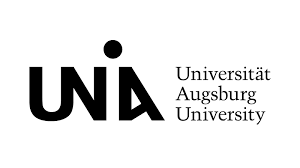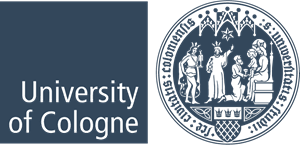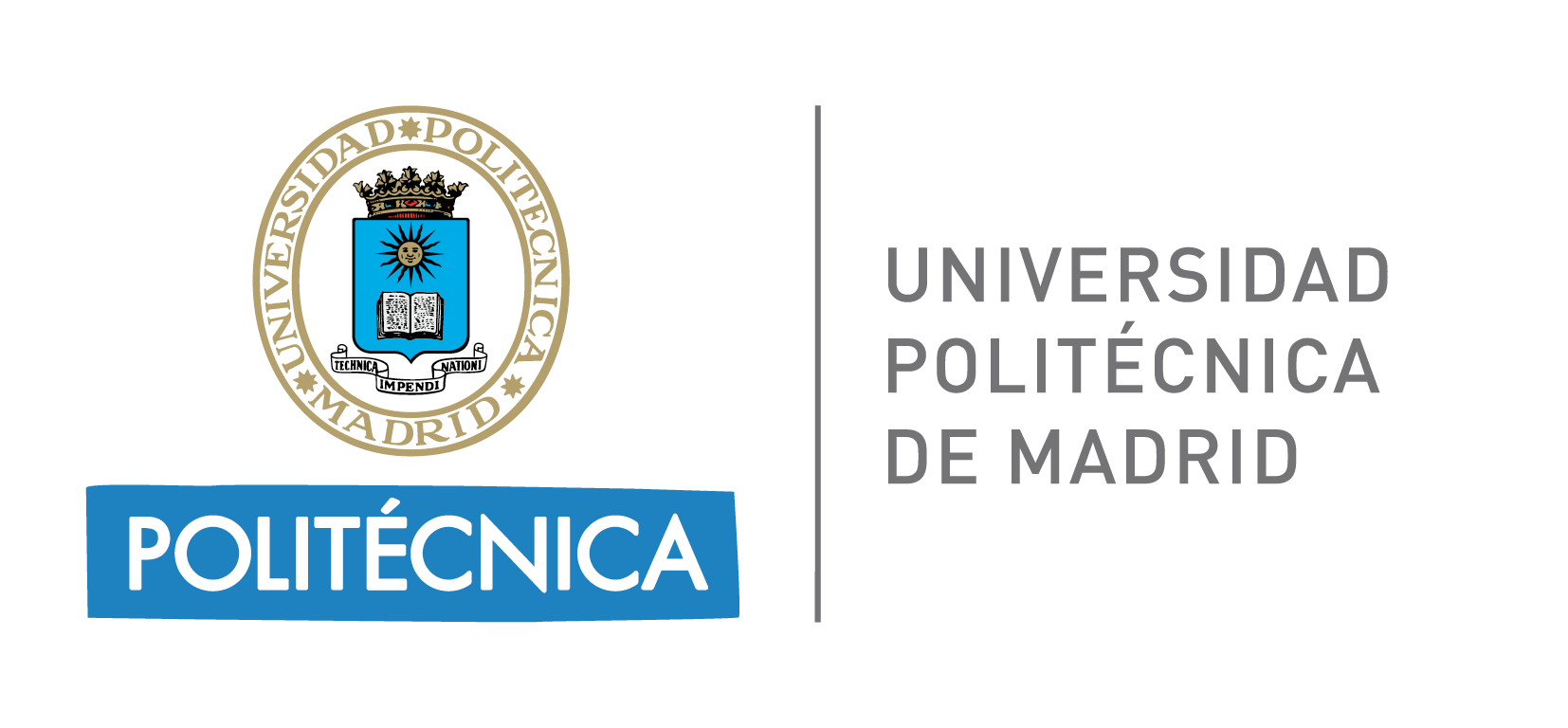Call for Papers
We invite presentations of algorithms, methodologies, experiments, tools, use cases, descriptions of ongoing or planned research projects as well as position papers that describe the creation, publication or application of linked linguistic data collections and their linking with other resources. Descriptions of such data, and in particular, its uses in research (linguistics, lexicology, digital humanities) and technology (NLP, e-lexicography, localization) are also welcome. The following is a non-exhaustive list of relevant topics:
- Building, managing and linking language resources:
- Lexicons and Lexical Data, including Dictionaries and Lexicographic Resources
- Annotations and Annotated Corpora
- Entity Linking
- Technologies, challenges and best practices for language technology and language resources on the web:
- Interoperability
- Sustainability
- FAIRness
- Structured data in language technology:
- Knowledge Graphs
- Machine Learning
- Multilingual Technologies
- Language Knowledge Injection in LLMs
- Show cases, case studies and applications by different communities of practice:
- Multimodality
- Corpus Linguistics
- Lexicography
- Digital Humanities
- Current directions and critical reflection. Position papers on:
- Ethical, legal, technological aspects of structured data in the age of LLMs
- The role of LLOD in promoting low-resource languages
- Extensions of RDF and graph formalisms
We invite both long (8 pages and 2 pages of references) and short papers (4 pages and 2 pages of references) representing original research, innovative approaches and resource descriptions. Short papers may also represent project descriptions. These do not have to be implemented but discuss to what extent and for which purposes Linguistic Linked Open Data is reused or created. Projects that are still in their early stages and seek advice from the broader Linguistic Linked Data community are welcome, especially if they include underrepresented fields of study.
Papers should be formatted according to the LREC-COLING guidelines, please see https://lrec-coling-2024.org/authors-kit/. Please note that the review process will be single-blind.
Identify, Describe and Share your LRs !
When submitting a paper from the START page, authors will be asked to provide essential information about resources (in a broad sense, i.e. also technologies, standards, evaluation kits, etc.) that have been used for the work described in the paper or are a new result of your research. Moreover, ELRA encourages all LREC-COLING authors to share the described LRs (data, tools, services, etc.) to enable their reuse and replicability of experiments (including evaluation ones).







